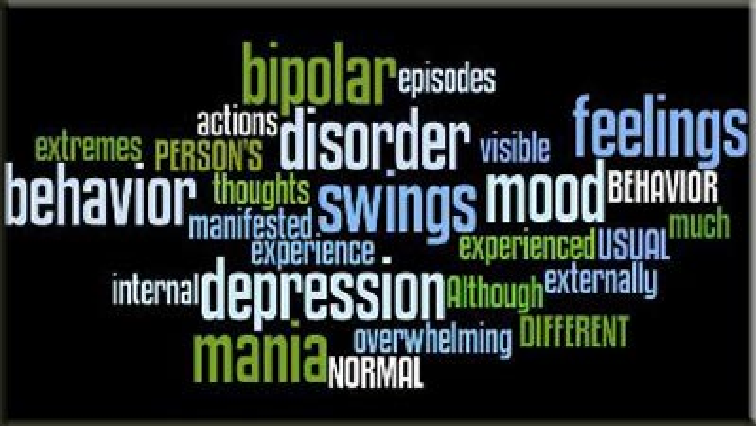The United Nations (UN) says mental illnesses, such as depression, saw a major spike among children during the coronavirus lockdown around the world. It says isolation, fear and uncertainty are all causing psychological distress.
“We heard some dreadful stories from LGBTIQ young people who were forced to lockdown with parents family and friends who do not accept them for who they are and this is quite worrying and a study published in the journal of American Academy of child and adolescent psychiatry argues that mental health impacts may persist after the end of the lockdown measures as well, ” says UN Secretary-General’s Envoy on Youth, Jayathma Wickramanayake.
The international governing body’s remarks come as the World Health Organisation also raised concern about the impact of the pandemic on adolescents and young people.
“WHO is also concerned about the impact of the #COVID19 pandemic on adolescents and young people”-@DrTedros
— World Health Organization (WHO) (@WHO) June 12, 2020
“Early evidence suggests people in their teens and 20s are at greater risk of depression and anxiety, online harassment, physical and sexual violence and unintended pregnancies, while their ability to seek the services they need is reduced,” said WHO Director-General Dr Tedros Ghebreyesus in his COVID-19 address on Friday.
“School and university closures can also have a dramatic impact on the ability of adolescents to access preventive services. In some countries, more than one-third of adolescents with mental health conditions receive their mental health services exclusively at school. Millions of children who are fed through school meal programmes also have reduced access to food. Limited opportunities for physical activity, and increased use of tobacco, alcohol and drugs may have impacts on the long-term health of these young people,” he added.
While urging governments around the world to ensure that interventions are made available and accessible to all people who need them, Ghebreyesus is also calling on people to take care of their own health. He recommends staying active, eating a nutritious diet and limiting alcohol intake as some of the ways to address the challenges that have been brought by COVID-19.
“WHO has developed guidance on self-care interventions for health which can be rapidly introduced in countries to save and improve lives”-@DrTedros #COVID19 https://t.co/n9eCfjB4EJ
— World Health Organization (WHO) (@WHO) June 12, 2020
According to the World Health Organisation, depression is the fourth leading cause of disability. Depression is common in people of all ages, but nearly half of affected individuals first experience depression between the ages of 20 and 50.
Mental health is discussed in the video below:






